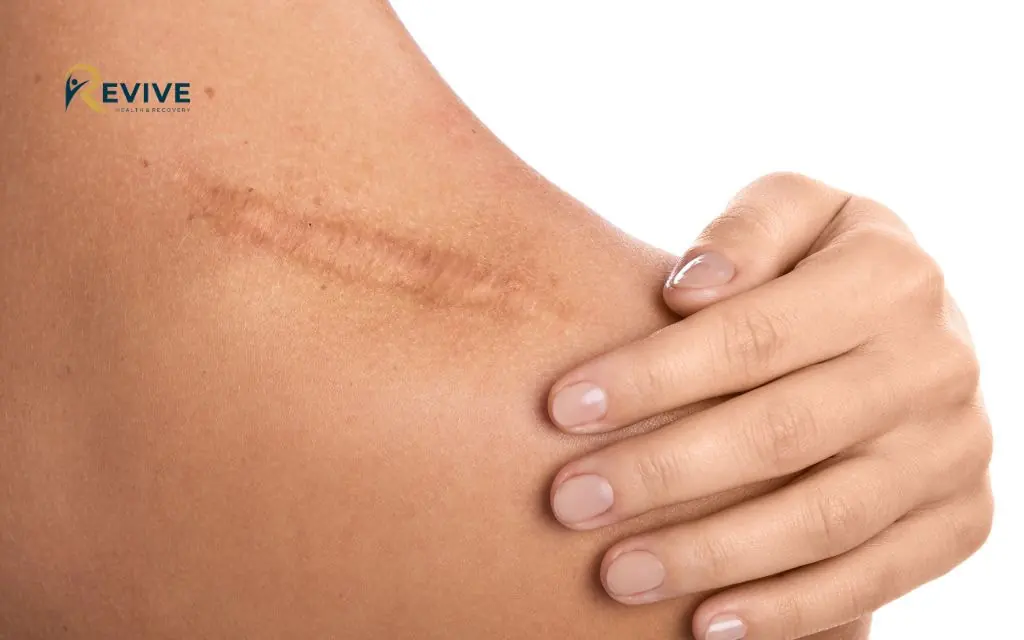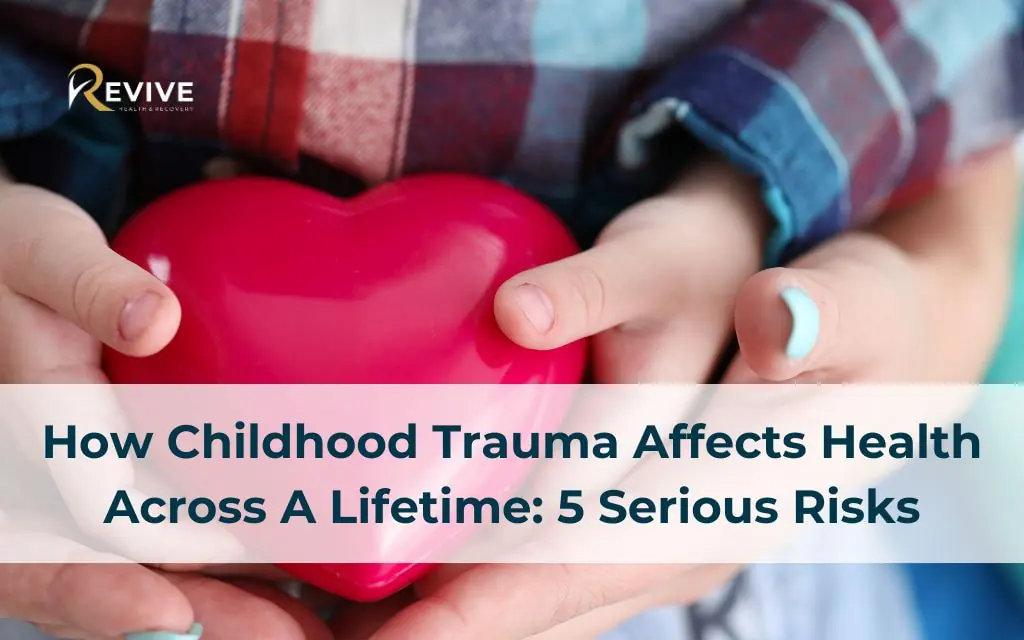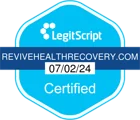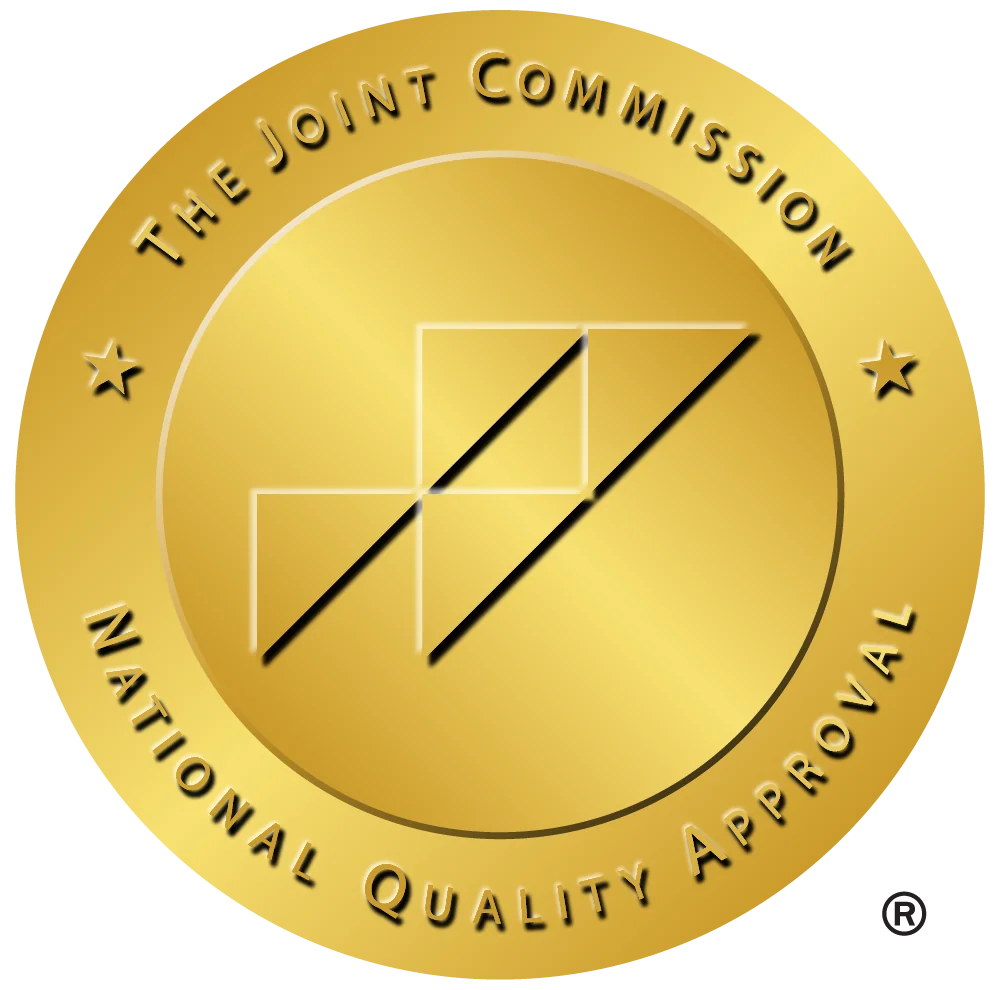Childhood trauma exists in many homes across America, affecting approximately 61% of adults according to the CDC. These Adverse Childhood Experiences (ACEs) – including abuse, neglect, household dysfunction, and community violence – create lasting imprints on developing bodies and minds. Unlike typical stressful events, trauma overwhelms a child’s ability to cope, triggering physiological changes that persist throughout adulthood. At Revive Health Recovery in Denver, our Trauma Recovery Insights reveal these deep-rooted patterns, enabling us to provide specialized trauma-informed care focused on healing the whole person. Our approach addresses both the visible symptoms and underlying causes of trauma, offering a pathway to reclaim health and wellbeing despite difficult beginnings.
How Childhood Trauma Affects Health Across a Lifetime
The Science Behind Trauma and Health
When a child experiences childhood trauma, their developing brain and body undergo significant alterations. The brain’s stress response system becomes hyperactive, releasing excessive cortisol and adrenaline. This constant state of physiological “high alert” disrupts normal brain development, particularly in regions responsible for emotional regulation, decision-making, and memory formation.
Research from the groundbreaking ACEs study conducted by Kaiser Permanente and the CDC revealed a direct dose-response relationship between childhood adversity and health outcomes. Individuals with four or more ACEs face significantly higher risks of developing chronic health conditions, substance use disorders, and mental health challenges compared to those with no ACEs.
Epigenetics and childhood trauma provides another crucial piece of the puzzle. Trauma doesn’t change DNA sequencing but alters how genes express themselves through a process called methylation. These epigenetic modifications can persist throughout lifetime and potentially affect future generations, as explored in research from the National Institutes of Health . For example, children of Holocaust survivors show different stress hormone profiles and gene expression patterns, demonstrating how trauma’s effects can transcend generations.
5 Main Physical Health Consequences of Childhood Trauma
The body keeps the score when it comes to childhood trauma. Research consistently demonstrates connections between early adversity and increased rates of:
- Cardiovascular disease (heart attacks, strokes, hypertension)
- Autoimmune disorders (rheumatoid arthritis, lupus, fibromyalgia)
- Chronic respiratory conditions (asthma, COPD)
- Diabetes and metabolic syndrome
- Cancer and premature mortality
These conditions develop through multiple pathways. Chronic inflammation, a common consequence of prolonged stress, damages tissues and organs over time, as evidenced by studies available on PubMed. The hypothalamic-pituitary-adrenal (HPA) axis, which regulates stress responses, becomes dysregulated, creating hormonal imbalances that affect every system in the body.

The effects of childhood trauma on physical health often manifest as digestive issues when the gut-brain connection becomes disrupted. Many trauma survivors experience irritable bowel syndrome, chronic pain conditions, and unexplained somatic Symptoms of Childhood Trauma in Adults that resist conventional treatment approaches.
Mental and Emotional Impact
Childhood trauma fundamentally shapes mental health outcomes across the lifespan. Individuals with significant childhood adversity face approximately three times the risk of developing anxiety disorders, depression, post-traumatic stress disorder (PTSD), and conditions like childhood trauma and bipolar disorder.
Trauma alters cognitive functioning in significant ways. Memory problems, difficulty concentrating, and challenges with executive functioning frequently occur. These cognitive impairments can affect academic performance, career advancement, and daily functioning.
One particularly significant connection exists between early trauma and addiction. Substance use often begins as self-medication—an attempt to manage overwhelming emotions, physical pain, or intrusive memories stemming from childhood experiences. Research indicates that individuals with four or more ACEs are 10-12 times more likely to develop substance use disorders than those without ACEs, a connection further explored by Harvard Health. This relationship explains why trauma-informed approaches prove essential for effective addiction treatment, especially when addressing childhood trauma in adult health issues.
Long-Term Behavioral and Social Effects
The Link Between Trauma and Unhealthy Behaviors
Childhood trauma creates pathways to health-compromising behaviors. o understand the root of these behaviors, exploring what causes childhood trauma can provide critical insights.
Individuals with high ACE scores demonstrate increased rates of:
- Tobacco use and alcohol dependency
- High-risk sexual behaviors
- Self-harm and suicidal tendencies
- Impulsivity and difficulty with self-regulation
These behaviors often represent attempts to cope with underlying trauma. Substance use provides temporary relief from emotional pain. Risk-taking behaviors may generate adrenaline that temporarily counters feelings of numbness or dissociation common in trauma survivors.
Decision-making capabilities become compromised when trauma and physical health effects impact the prefrontal cortex—the brain region responsible for planning, judgment, and impulse control. This neurobiological impact explains why many trauma survivors struggle with choices that protect their long-term wellness throughout their lifetime.

Relationships, Attachment, and Emotional Well-Being
Early relationships form templates for all future connections. When childhood caregivers cause harm or fail to provide protection, children develop insecure attachment patterns that persist into adulthood. Many trauma survivors experience:
- Difficulty trusting others
- Fears of abandonment or rejection
- Challenges with emotional intimacy
- Patterns of unstable relationships
These relationship difficulties extend to parenting. Without intervention, trauma can pass from one generation to the next through both biological mechanisms and learned behaviors. Parents with unresolved trauma may struggle with emotional availability, consistency, and appropriate boundaries—the very foundations children need for secure attachment.
Economic and Social Consequences
The effects of childhood trauma extend beyond health into economic and social realms. Adults with high ACE scores report:
- Higher rates of unemployment and job instability
- Increased absenteeism due to physical and mental health issues
- Difficulties managing workplace relationships and stress
- Lower lifetime earnings and higher rates of financial insecurity
These economic challenges create additional stress, which further compromises health and functioning in a self-perpetuating cycle. Understanding childhood trauma impacts for treatment provides crucial context for addressing trauma comprehensively.
Trauma-Informed Healthcare: Addressing the Effects of Childhood Trauma
Trauma-Informed Healthcare Available in Denver
Denver has emerged as a leader in trauma-informed healthcare practices. This approach recognizes trauma’s prevalence, understands its impact on health, and integrates this knowledge into clinical practice. Trauma-informed providers create environments of safety, trustworthiness, choice, collaboration, and empowerment.
Learn more about healing childhood trauma through specialized approaches.
Finding specialized find therapy for childhood trauma health effects Denver requires consideration of provider expertise in trauma-specific modalities. Qualified practitioners should have training in evidence-based approaches like EMDR, Somatic Experiencing, or trauma-focused cognitive behavioral therapy. Many providers now screen for ACEs and incorporate this information into treatment planning.

Medical professionals increasingly recognize the need for trauma sensitivity in physical healthcare settings. Procedures that might trigger trauma responses—like dental work, gynecological exams, or MRIs—require modifications for trauma survivors. Some Denver healthcare systems now train staff in trauma-informed approaches for all patient interactions.
Integrative Treatment Approaches
Effective trauma treatment addresses both mind and body. Mental health interventions include:
- Evidence-based trauma therapies (EMDR, CPT, Prolonged Exposure)
- Mindfulness practices that increase present-moment awareness
- Somatic (body-based) approaches that release stored trauma
- Group therapy that reduces isolation and shame
Physical health interventions prove equally important:
- Nutrition approaches that reduce inflammation
- Exercise programs tailored for trauma recovery
- Sleep optimization strategies
- Stress reduction techniques that regulate the nervous system
Understanding how childhood trauma and chronic disease connect enables providers to address root causes rather than just symptoms. For example, treating chronic pain in trauma survivors may require addressing both physical factors and the neurobiological patterns created by early adversity.
Frequently Asked Questions (FAQs)
How do ACEs affect long-term health?
ACEs impact long-term health impacts of childhood trauma through multiple pathways: chronic inflammation, hormonal dysregulation, compromised immune function, and altered brain development. Additionally, trauma increases the likelihood of engaging in health-risk behaviors that further compromise wellbeing.
Can therapy reverse the effects of childhood trauma?
While therapy cannot erase trauma experiences, evidence-based treatments can significantly reduce symptoms and promote resilience. Approaches like EMDR, Cognitive Processing Therapy, and somatic therapies help rewire trauma responses and develop healthier coping mechanisms.
What are the best trauma-informed healthcare options in Denver?
Denver offers several trauma-informed healthcare Denver options. Revive Health Recovery provides comprehensive trauma-focused treatment integrating mental health services with physical wellness approaches. Other resources include the Trauma Center at the University of Colorado, community mental health centers with trauma specialization, and private practitioners trained in trauma-specific modalities.
Does childhood trauma always lead to chronic illness?
No, childhood trauma doesn’t inevitably cause chronic disease. Protective factors like supportive relationships, early intervention, and resilience-building significantly mitigate trauma’s effects. However, understanding trauma history provides crucial context for addressing health concerns that do emerge.
How does epigenetics explain trauma’s long-term effects?
Epigenetics reveals how trauma modifies gene expression without changing the genetic code itself. These modifications affect stress response systems, immune function, and neurotransmitter production. Some epigenetic changes persist throughout life and potentially transfer to subsequent generations, explaining how trauma’s effects extend beyond direct experience.
What is the best treatment for adults dealing with childhood trauma?
The most effective treatment approaches integrate trauma-specific psychotherapy with body-based interventions and lifestyle modifications. Evidence supports modalities like EMDR, Cognitive Processing Therapy, Internal Family Systems, and Somatic Experiencing. The “best” approach varies by individual needs and preferences.
How Revive Health Recovery Supports Trauma Survivors
At Revive Health Recovery in Denver, we provide comprehensive care for individuals affected by childhood trauma. Our approach integrates:
- Trauma-specific psychotherapy with certified trauma specialists
- Medication management when appropriate
- Lifestyle medicine addressing nutrition, sleep, movement, and stress reduction
- Group support focusing on trauma recovery and skill-building
- Family therapy to heal relational patterns
We recognize the close relationship between trauma and physical health, addressing both simultaneously. Our providers receive extensive training in trauma-informed care and stay current with advances in trauma treatment research.
For individuals struggling with co-occurring substance use disorders, our programs address the underlying trauma driving addictive behaviors. This integrated approach yields better outcomes than treating addiction without addressing trauma history.
Conclusion
The long-term health impacts of childhood trauma represent a significant public health challenge requiring comprehensive solutions. From physical ailments to mental health struggles, the effects of adverse childhood experiences reverberate throughout life. However, with proper understanding and intervention, healing remains possible at any age.
Epigenetics and childhood trauma research offers hope by demonstrating the brain’s neuroplasticity and the body’s capacity for recovery. Trauma-informed healthcare Denver continues to evolve, providing increasingly effective options for addressing both the psychological and physiological effects of early adversity.
If you or someone you love struggles with the health consequences of childhood trauma, know that specialized help exists. At Revive Health Recovery, we offer evidence-based, compassionate care addressing the root causes of suffering. Contact us today to learn how our trauma-informed approach can support your journey toward lasting wellness and recovery.







